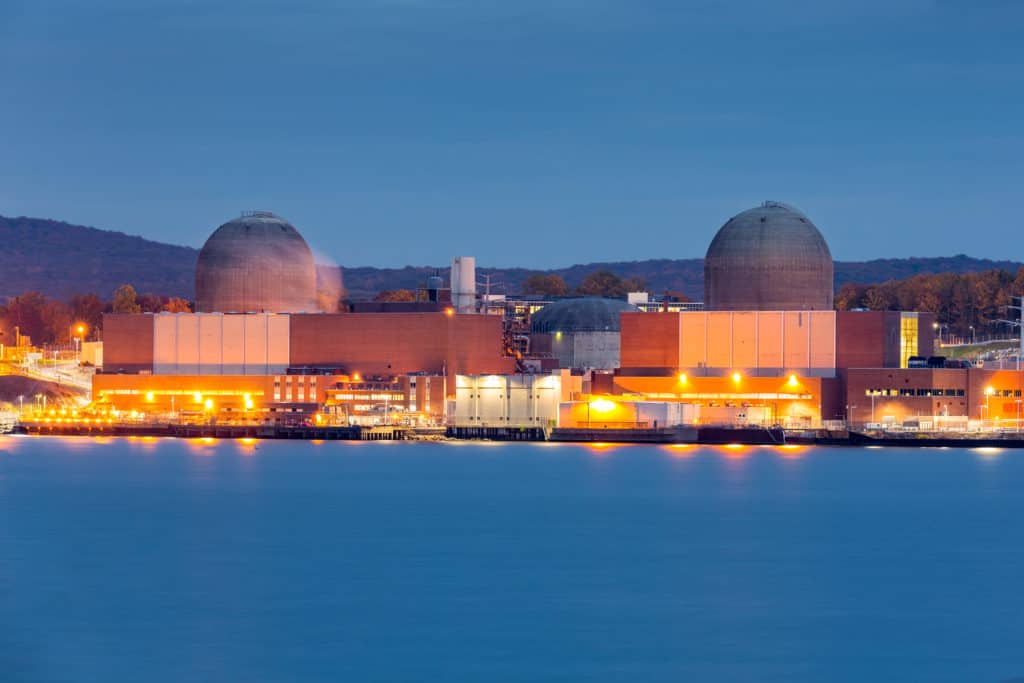The Green New Deal fails any rational cost-benefit analysis, even if atmospheric CO2 is as serious a threat as climate alarmists believe it to be. Respected commentators who are not “climate skeptics” (Nordhaus, Shellenberger, and Lomborg) agree that the GND is a wasteful expenditure of trillions of dollars better spent elsewhere.

by Richard Schulman
Progressives have never liked to submit their favorite bills to cost-benefit analysis. That holds especially for their current obsession, the trillion-dollar-plus Green New Deal.
We’ve been there before. In June 2009, Nancy Pelosi was Speaker of the House, just as she is now. Her Knight Errant, Don Barrack Obama, riding a lame mule pre-owned by Al Gore, was determined to break lances — in a twist on the original story — with battalions of oil rigs on behalf of windmills. It didn’t end well either for the knight or his mistress, Dulcinea del Pelosi.
Patrick Michaels told the story in 2010 to Green Watch, explaining how the U.S. House of Representatives passed, 219-215, the “American Clean Energy and Security Act of 2019” (ACES). The act would have permitted an average American in 2050 to emit the same carbon dioxide as a citizen just after the Civil War.
“It very soon became clear that the House had committed electoral suicide,” Michaels wrote. “Prior to June 30, there were only two days in which President Obama’s approval index was negative. After June 29, 2009 it was never positive.”
Michaels went on to ask, “What would ACES actually do about global warming? The answer is: nothing detectable.” He added that even if global warming was reduced .08 degrees Celsius by 2050, that amount would literally be too small to measure.
“The U.S. Senate saw the ominous effect of cap-and-trade on President Obama’s approval index and chose instead to take up healthcare,” Michaels wrote.
GND worse than failed 2009 bill
The Green New Deal that Democrats are committed to passing is far more expensive than the failed 2009 cap-and-trade bill but with little promise of a greater reduction in temperatures, even after spending trillions of dollars.
The carbon taxes once again favored by progressive economists such as Joseph Stiglitz likely “will not reduce our greenhouse gas emissions,” American Greatness reports. “Instead, adopting carbon taxes in the West will actually raise global carbon emissions by offshoring economic activity from relatively environmentally-friendly places, like the USA and Germany, to places with lax environmental laws, like China.”
The report adds that World Bank data shows that China and other developing countries produce more carbon per dollar of economic output than do Western nations “These facts suggest that every factory pushed out of the West due to carbon taxes actually increases global emissions dramatically.”
Many distinguished economists and environmentalists who – unlike this columnist – believe that fossil-fuel combustion is contributing in a major way to global warming and that this needs to be addressed, nevertheless regard proposals like the Green New Deal as bad for growth, bad for energy reliability, and irrational from a cost-benefit standpoint.
William Nordhaus
The Nobel prize-winning economist William Nordhaus, author of a widely praised economic model of climate change, emphasizes the importance of not sacrificing economic growth in the overzealous pursuit of CO2 reduction. For this he has been much criticized by the left.
This fanaticism on the part of the left is repeating itself during the pandemic as progressive politicians call for lockdowns regardless of the economic havoc produced.
Michael Shellenberger
Prominent environmentalist Michael Shellenberger was invited to speak before a special House Committee hearing “to evaluate a Democratic proposal similar to the one proposed by Democratic presidential candidate Joe Biden, which would spend $2 trillion over four years on renewables and other climate programs,” Shellenberger writes in Quillette. Instead, the Democrats wouldn’t let him give his presentation and abruptly terminated the hearing. Shellenberger had planned to go over Congressional testimony he had presented in January, to the effect that, in his own words, “climate change is real but isn’t the end of the world nor even our most important environmental problem. I pointed to the inherent physical reasons renewables can’t power a high energy industrial civilization. And I noted that cheap and abundant natural gas and nuclear, not industrial solar and wind, have been the big drivers of emissions reductions.”
During the hearing in which he was cut short, Shellenberger writes, “several Democratic members claimed that renewables today are cheaper than existing grid electricity. But if that were true, I replied, why do solar and wind developers require hundreds of billions of dollars from American taxpayers in the form of subsidies?”
Bjorn Lomborg
Bjorn Lomborg, author of The Skeptical Environmentalist, also thinks anthropogenic global warming is happening but, he writes, “The IPCC report significantly underestimates the costs of getting to zero emissions. Fossil fuels provide cheap, efficient power, whereas green energy remains mostly uncompetitive. Switching to more expensive, less efficient technology slows development. In poor nations that means fewer people lifted out of poverty. In rich ones it means the most vulnerable are hit by higher energy bills.”
If there are any moderates left in the Democratic Party, they will work with Republicans to restore the US nuclear power industry. They will also realize that for the foreseeable future, whatever one’s views regarding atmospheric CO2, fossil fuels are necessary for continued growth, energy reliability, and US national security. Realizing how unpopular the Green New Deal is among the American people — as opposed to the party’s bi-coastal elites — the party will act as Senate Majority Leader Harry Reid did in 2009 and turn to other bills.

Leave a Reply